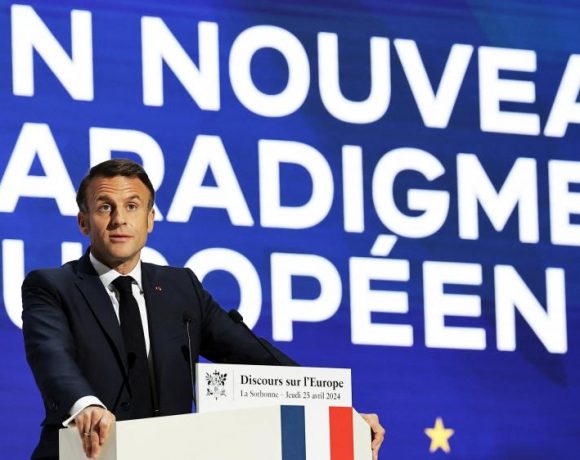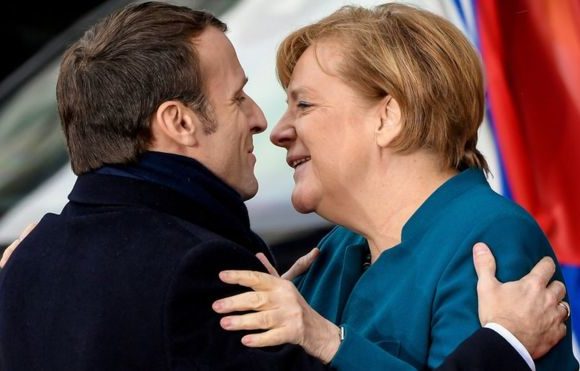
German Chancellor Friedrich Merz has called on Europe to assert its interests more forcefully to safeguard peace and prosperity in 2026, warning of mounting threats from Russian aggression, global protectionism and shifting relations with the United States. Speaking in his New Year’s address, Merz said the war in Ukraine posed a direct threat to Europe’s freedom and security, adding that Russia’s actions were part of a broader strategy targeting the entire continent.
Since taking office in May, Merz has played a key role in pushing European support for Ukraine and strengthening Germany’s defence posture. He said Germany now faces daily challenges including sabotage, espionage and cyberattacks, underscoring the need for greater resilience. Merz also highlighted economic risks from rising protectionism and Europe’s dependence on imported raw materials, which he said were increasingly being used as tools of political pressure.
Merz pointed to Germany’s struggle to revive its export-driven economy after two years of contraction, as Berlin seeks to reduce reliance on China while navigating global trade tensions and the impact of U.S. President Donald Trump’s tariff policies. Acknowledging a more difficult partnership with Washington since Trump’s return to office in 2025, Merz said Europe must rely more on itself, stressing that confidence, not fear, should guide the continent’s response as it works to renew long-standing peace, freedom and prosperity.
Pic courtesy: google/ images are subject to copyright



